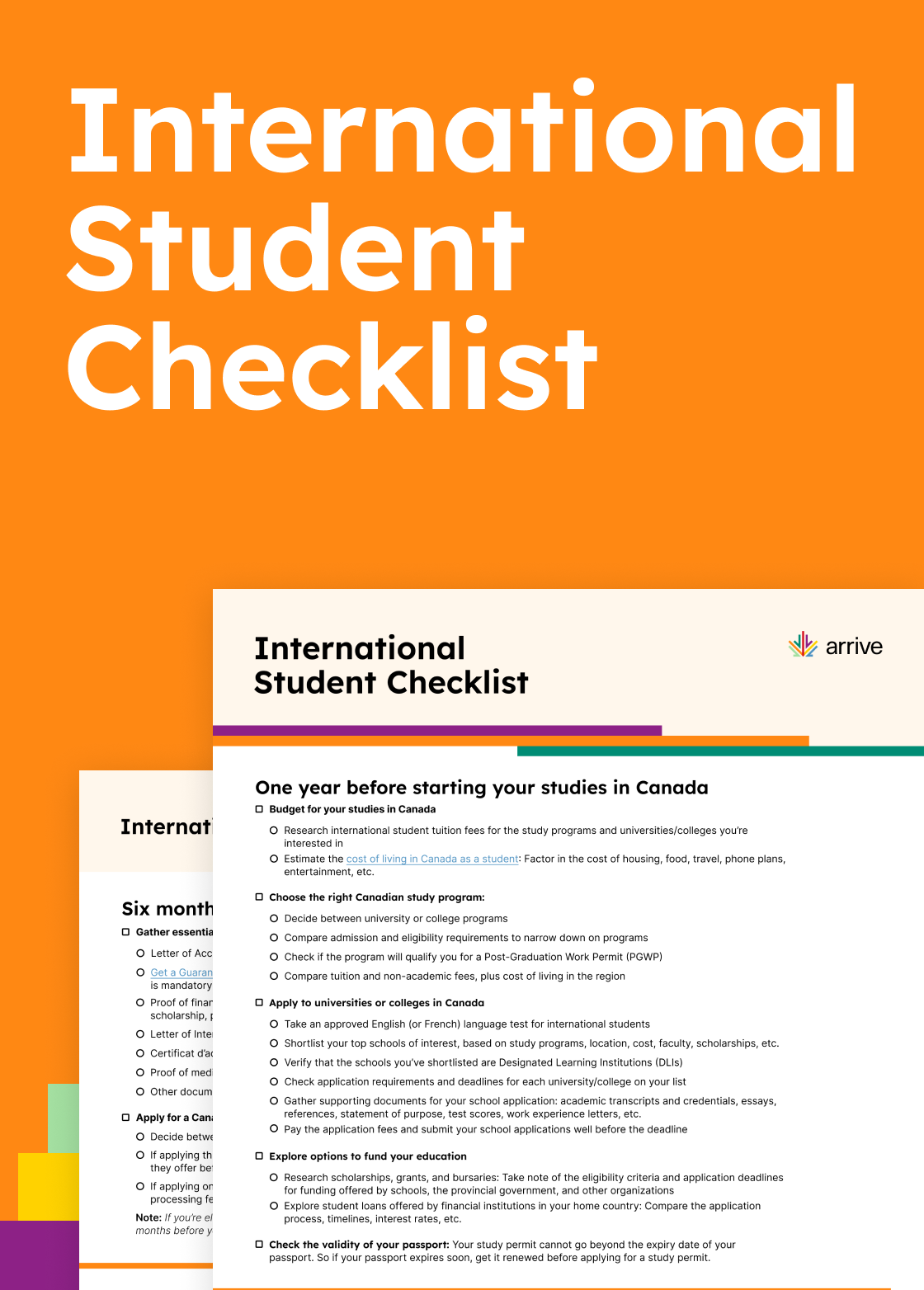Education Tree Global: The Best Consultancy for NZ in Nepal
Intro: Best Consultancy for NZ in Nepal
Best Consultancy for NZ in Nepal: Are you a student in Nepal looking to pursue higher education in New Zealand? Look no further than Education Tree Global, the best consultancy for NZ in Nepal. With their personalized guidance and support, Education Tree Global can help you navigate the complex process of studying in New Zealand with ease.

Understanding the Role of Education Tree Global
Education Tree Global stands as a beacon of guidance and expertise for Nepalese students with aspirations of pursuing higher education in New Zealand. This esteemed consultancy has carved out a niche for itself by dedicating its resources and knowledge to facilitate students’ educational journeys abroad. It isn’t just about providing lists of universities or courses; Education Tree Global dives deeper, understanding the unique profile of each student, their academic background, interests, and career aspirations.
This customized approach allows Education Tree Global to match students with educational opportunities that not only meet their academic needs but also align with their long-term career goals. The process involves detailed counseling sessions, thorough evaluation of educational credentials, and an exploration of potential career paths. By leveraging their extensive network of universities and educational institutions in New Zealand, Education Tree Global ensures that students have access to the best programs suited to their aspirations.
Moreover, the team of seasoned counselors and advisors at Education Tree Global keeps abreast of the latest trends and changes in New Zealand’s education system. This knowledge is vital in guiding students towards making informed decisions about their studies. They also provide invaluable advice on scholarships, financial planning, and other essential aspects of studying abroad.
In essence, Education Tree Global plays a pivotal role in bridging the gap between Nepalese students and their dream of higher education in New Zealand. Through personalized guidance, expert advice, and unwavering support, they make the complex journey of studying abroad a seamless and successful experience.
Also visit:-
Why New Zealand? A Destination for Quality Education
New Zealand’s allure as an educational hub lies not just in its unparalleled natural beauty but also in its robust education system, recognized globally for its excellence. Universities in New Zealand are consistently ranked among the world’s best, offering a wide array of programs across various disciplines. These institutions are known for their research-driven curriculum, fostering innovation and critical thinking among students. The country’s education system emphasizes a balanced approach, integrating practical skills with theoretical knowledge, preparing students for global challenges and opportunities.
Furthermore, New Zealand is celebrated for its inclusive and diverse cultural environment, making it an ideal destination for international students. The supportive community and safe living conditions encourage students from all over the world to explore their academic interests in a nurturing setting. New Zealand’s commitment to providing a quality education is evident in its smaller class sizes, which ensure personalized attention and a better learning experience for each student.
Education Tree Global recognizes the potential New Zealand holds for Nepalese students seeking to expand their academic and personal horizons. Through comprehensive counseling and guidance, Education Tree Global facilitates the exploration of New Zealand’s educational offerings, helping students find programs that align with their career aspirations and academic goals.
The country’s focus on innovation, coupled with its scenic landscapes and welcoming culture, makes it a compelling choice for students looking to enrich their educational journey. With Education Tree Global’s support, navigating the path to studying in New Zealand becomes an achievable dream, opening doors to a world of opportunities for ambitious students from Nepal.
Tailored Guidance for Every Student
Education Tree Global distinguishes itself by offering bespoke guidance, meticulously crafted to meet the unique needs and ambitions of each student. Understanding that every student’s journey is distinct, they provide a comprehensive, individualized support system.
Their experts are deeply involved in the process, from helping students identify the right courses that align with their career objectives to preparing them for the various entrance examinations required for admission into New Zealand’s prestigious institutions. This personalized approach ensures that students are not just another number but are given the attention and care needed to navigate the complexities of applying to universities abroad.
The consultancy’s method involves an in-depth analysis of each student’s academic records, extracurricular achievements, and personal goals. Based on this evaluation, they formulate a strategy that enhances the student’s application, making it competitive and reflective of their true potential. Beyond academics, Education Tree Global assists with crafting compelling personal statements and preparing for interviews, crucial components that can make a significant difference in the application outcome.
Their dedication extends to keeping students and their families informed and involved throughout the application process, fostering a transparent and collaborative environment. This level of tailored guidance and support from Education Tree Global not only empowers students to make confident and informed decisions but also sets a solid foundation for their future success in New Zealand’s dynamic educational landscape.
Also visit:-
Success Stories: Testimonials from Satisfied Students
The impact of Education Tree Global on students’ lives is evident through the heartwarming testimonials of those who have embarked on their academic journey to New Zealand, thanks to the consultancy’s guidance. Many students credit Education Tree Global for turning their dreams into reality, emphasizing the personalized attention and expert advice they received at every step of their application process.
One student shared, “The journey to studying in New Zealand seemed overwhelming at first. However, Education Tree Global made it seem effortless, from selecting the right course to securing my visa. Their support was crucial in not just achieving my academic goals but also in adapting to a new country.”
Another testament comes from a student who benefited from the consultancy’s thorough preparation methods, saying, “The mock interviews and detailed feedback on my personal statement were invaluable. I felt fully prepared and confident throughout the university application process, and I owe my success to the dedicated team at Education Tree Global.”
These stories of triumph and transformation highlight the consultancy’s commitment to not just academic excellence but also to fostering a supportive and understanding relationship with each student. The experiences shared by these students serve as a beacon of hope and inspiration for others in Nepal aspiring to pursue higher education in New Zealand, demonstrating the pivotal role Education Tree Global plays in not just navigating the complexities of studying abroad but also in enriching students’ lives beyond academics.
Navigating Visa Applications with Ease
Navigating the visa application process is often perceived as a complex and intimidating hurdle for students aspiring to study abroad. However, with Education Tree Global by your side, this critical step becomes less daunting. Their team of experts is well-versed in the intricacies of the New Zealand visa application process, providing personalized assistance to each student. They ensure that every aspect of your application is meticulously prepared, from compiling the necessary documentation to meeting the specific requirements set by New Zealand immigration authorities.
Education Tree Global’s approach to visa applications emphasizes precision and attention to detail. They offer comprehensive guidance on how to accurately complete application forms, advise on the financial statements required to demonstrate proof of funds, and assist in obtaining the health and character certifications that are mandatory for the visa process. Their expertise also extends to preparing students for potential interviews conducted by the visa offices, equipping them with the confidence and knowledge needed to navigate these interactions successfully.
Moreover, Education Tree Global keeps itself updated on any changes in visa policies or procedures, ensuring that students receive the most current and relevant advice. This proactive stance on visa preparation significantly enhances the likelihood of a favorable outcome, making the path to studying in New Zealand smoother and more accessible. Their support in this critical phase reflects Education Tree Global’s commitment to making every student’s dream of studying in New Zealand a reality, highlighting their role as a pivotal partner in the journey towards international education.
Continuous Support: Beyond the Admission Process
The commitment of Education Tree Global to its students does not conclude with the acquisition of an admission letter from a New Zealand university. The consultancy’s support system extends far beyond, encompassing pre-departure briefings that equip students with essential knowledge and advice for adapting to a new culture and academic environment. These sessions cover a range of topics, including logistical preparations, cultural sensitivity, and practical tips for daily living in New Zealand, ensuring that students are well-prepared for the transition ahead.
Once students arrive in New Zealand, Education Tree Global continues to offer its support, helping them to settle into their new surroundings. Whether it’s finding accommodation, understanding local transportation, or navigating the initial stages of university life, Education Tree Global’s post-arrival assistance is designed to make the adjustment period as smooth and stress-free as possible.
This enduring commitment reflects the consultancy’s dedication not just to the academic success of its students, but to their overall well-being and personal growth as they embark on this transformative international education experience. Through this comprehensive and ongoing support, Education Tree Global ensures that students are not only academically prepared but also emotionally and practically equipped to thrive in New Zealand.
Also visit:-
FAQs about why Education Tree Global is considered the best consultancy for New Zealand (NZ) in Nepal:
- What makes Education Tree Global stand out as the best consultancy for studying in New Zealand from Nepal?
– Education Tree Global is known for its personalized approach, expert guidance, and extensive network of partner institutions in New Zealand.
- Why should I choose Education Tree Global for New Zealand education consultancy in Nepal?
– Education Tree Global offers comprehensive support services, including university selection, application assistance, visa guidance, and pre-departure orientation, tailored to your individual needs and aspirations.
- Does Education Tree Global have partnerships with reputable universities and colleges in New Zealand?
– Yes, Education Tree Global has established partnerships with a wide range of reputable universities, colleges, and educational institutions across New Zealand, ensuring students have access to high-quality academic programs and resources.
- Can Education Tree Global assist with visa applications for studying in New Zealand?
– Absolutely, Education Tree Global provides expert guidance and assistance with visa applications, ensuring a smooth and hassle-free process for students.
- How does Education Tree Global help students select the right New Zealand university or college?
– Education Tree Global offers personalized counseling sessions to help students choose the best-fit university or college in New Zealand based on their academic background, interests, and career goals.
- Are there any scholarships available for Nepali students through Education Tree Global for studying in New Zealand?
– Education Tree Global helps students explore scholarship opportunities offered by New Zealand universities and institutions, maximizing their chances of securing financial assistance.
- Does Education Tree Global provide assistance with English language proficiency tests such as IELTS or TOEFL?
– Yes, Education Tree Global offers comprehensive support for English language proficiency tests, including exam preparation resources and expert guidance.
- How does Education Tree Global support students throughout the application process for New Zealand universities?
– Education Tree Global provides end-to-end support throughout the application process, including document preparation, application submission, and follow-up with universities or colleges on behalf of students.
- Can Education Tree Global assist with accommodation arrangements in New Zealand?
– Yes, Education Tree Global helps students find suitable accommodation options in New Zealand, including on-campus residences, private accommodations, and homestays.
- Does Education Tree Global offer pre-departure orientation sessions for students going to New Zealand?
– Yes, Education Tree Global conducts pre-departure orientation sessions to equip students with essential information about living and studying in New Zealand, ensuring a smooth transition to student life abroad.
- What sets Education Tree Global apart in terms of customer service and support for students going to New Zealand?
– Education Tree Global prioritizes customer service and provides dedicated support to students at every step of their educational journey to New Zealand, fostering long-term relationships built on trust and satisfaction.
- Can Education Tree Global assist with part-time job opportunities for Nepali students in New Zealand?
– Yes, Education Tree Global provides guidance and resources to help Nepali students explore part-time job opportunities in New Zealand, in compliance with relevant visa regulations and work permit requirements.
- Are there any additional services offered by Education Tree Global for Nepali students studying in New Zealand?
– Education Tree Global offers a range of additional services for Nepali students in New Zealand, including networking events, cultural integration programs, and alumni connections, to enhance their overall experience and opportunities.
- Can Education Tree Global assist with academic credential evaluation for Nepali students applying to New Zealand universities?
– Yes, Education Tree Global facilitates academic credential evaluation services for Nepali students, ensuring their qualifications meet the admission requirements of New Zealand universities and colleges.
- Does Education Tree Global provide guidance on academic program selection and course registration in New Zealand?
– Yes, Education Tree Global offers expert advice on academic program selection and course registration, helping students make informed decisions that align with their academic and career aspirations.
- How does Education Tree Global ensure personalized attention for each student applying to New Zealand universities?
– Education Tree Global assigns dedicated counselors to work closely with each student, providing personalized attention, tailored guidance, and ongoing support throughout the consultancy process.
- Can Education Tree Global assist with post-graduation work opportunities and immigration pathways in New Zealand?
– Yes, Education Tree Global offers guidance and support for post-graduation work opportunities and immigration pathways in New Zealand, helping students navigate the transition from study to work or settlement.
- Are there any regulatory requirements related to studying in New Zealand that Education Tree Global helps students navigate?
– Yes, Education Tree Global keeps students informed about visa regulations, work permit requirements, and other regulatory considerations relevant to studying in New Zealand, ensuring compliance and peace of mind.
- How does Education Tree Global stay updated with changes in New Zealand immigration policies and educational trends?
– Education Tree Global maintains close relationships with immigration authorities, educational institutions, and industry associations in New Zealand, enabling them to stay informed about policy changes and trends affecting Nepali students.
- Can Education Tree Global assist with document verification and authentication for Nepali students applying to New Zealand universities?
– Yes, Education Tree Global facilitates document verification and authentication services for Nepali students, ensuring that their academic transcripts, certificates, and other supporting documents meet the requirements of New Zealand universities and colleges.
- What resources does Education Tree Global provide to help students prepare for academic and cultural transition to New Zealand?
– Education Tree Global offers a range of resources, including study guides, cultural orientation materials, and online communities, to help students prepare for the academic and cultural transition to New Zealand.
- Does Education Tree Global offer guidance on New Zealand student visa requirements and application procedures?
– Yes, Education Tree Global provides expert guidance and assistance with New Zealand student visa requirements and application procedures, ensuring a smooth and successful visa application process for students.
- Can Education Tree Global assist with travel arrangements and insurance for Nepali students traveling to New Zealand?
– Yes, Education Tree Global helps students with travel arrangements, including flight bookings, airport transfers, and travel insurance, to ensure a safe and comfortable journey to New Zealand.
- What support does Education Tree Global offer to parents and guardians of Nepali students studying in New Zealand?
– Education Tree Global provides support and guidance to parents and guardians of Nepali students studying in New Zealand, including regular updates, communication channels, and assistance with any concerns or queries.
- Why should I trust Education Tree Global with my aspirations for studying in New Zealand from Nepal?
– Education Tree Global has a proven track record of success, with satisfied students who have achieved their academic goals in New Zealand with the help of personalized guidance, expert support, and comprehensive services tailored to their needs.

 Menu
Menu

















